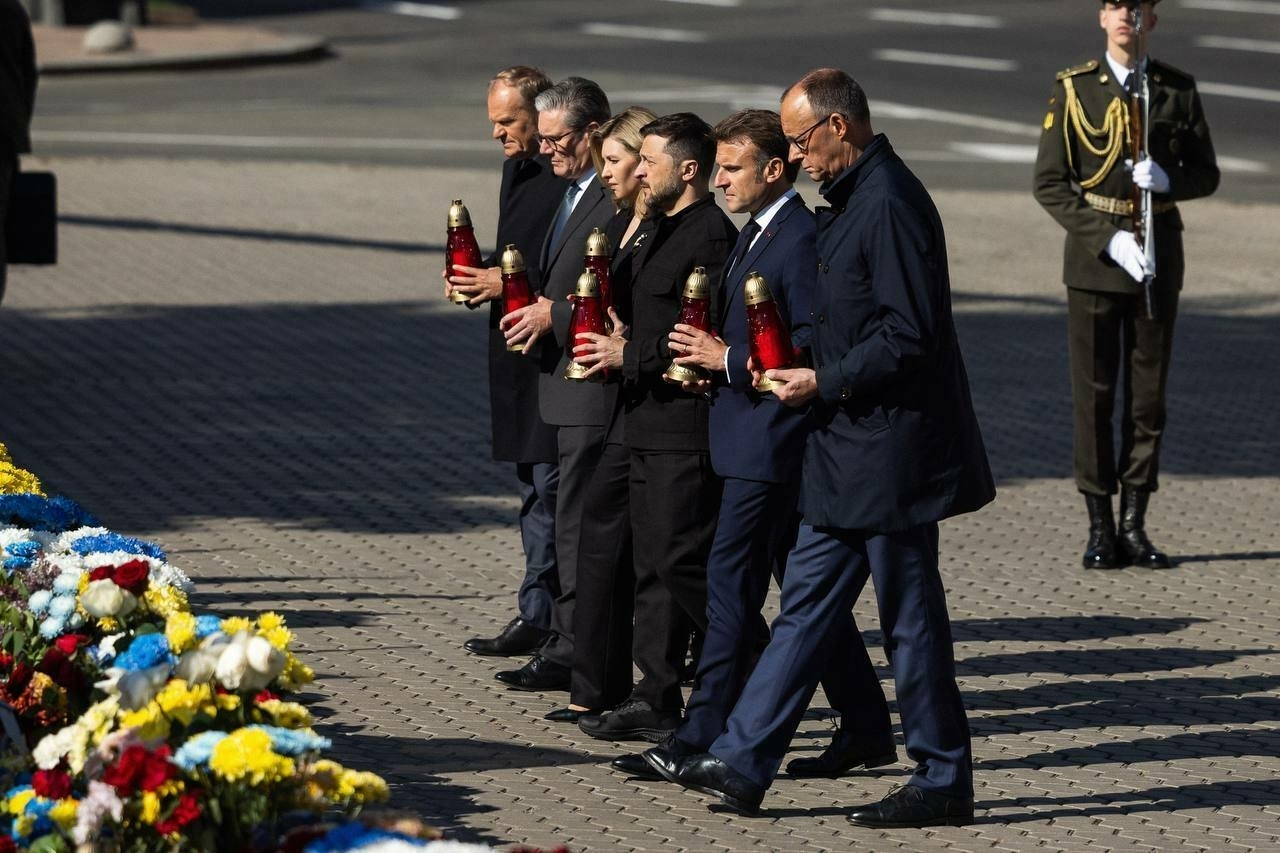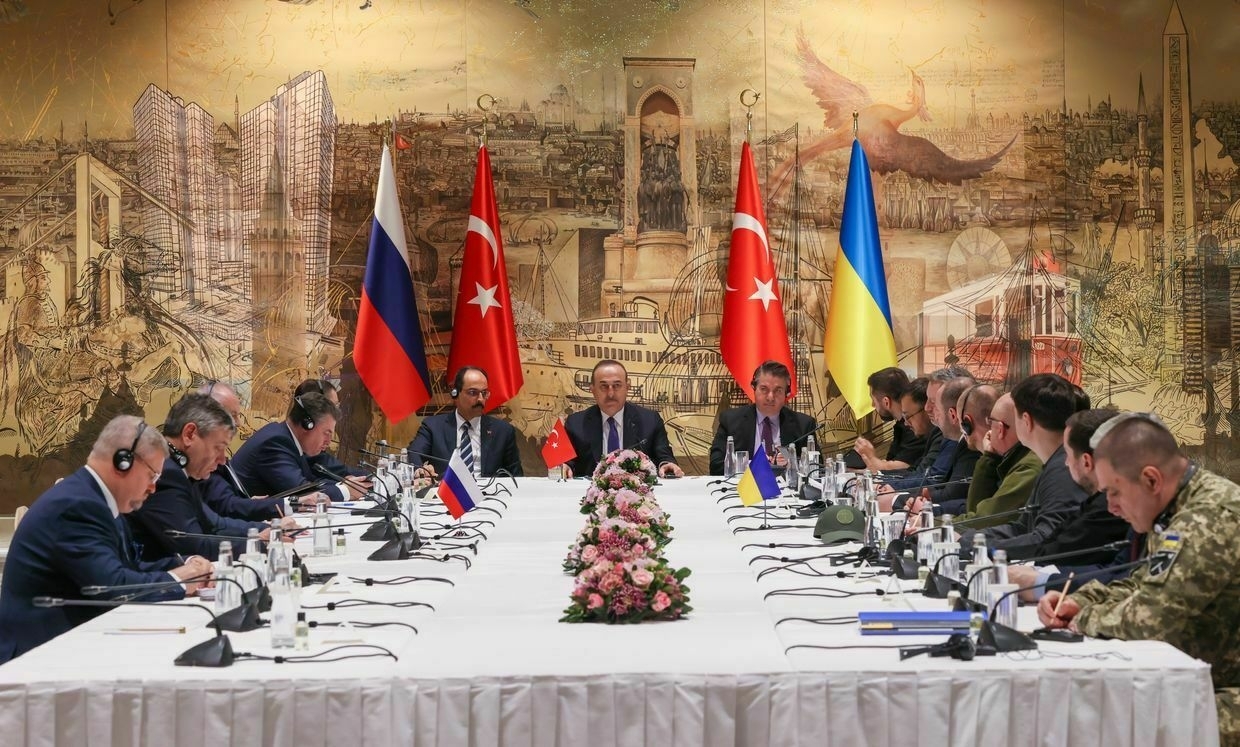
Russian president Vladimir Putin’s proposal to resume peace talks with Ukraine in Istanbul starting May 15 has been met with rejection by the United States and key European leaders, who insist that no negotiations can begin without a full and unconditional ceasefire, according to their statements from May 11.
In a press conference in the early hours of the day, Putin invited Ukraine to restart talks, which, according to Kremlin aide Yury Ushakov, Russia wishes to be based on the terms of the 2022 Istanbul discussions and the “current situation on the battlefield."
Putin’s proposal came just a day after French President Emmanuel Macron, German Chancellor Friedrich Merz, U.K. Prime Minister Keir Starmer, and Polish Prime Minister Donald Tusk met with Ukrainian President Volodymyr Zelensky in Kyiv to support a joint Western call for a 30-day unconditional ceasefire.
Kyiv has said it is ready to talk but insists any negotiations must begin with a full cessation of hostilities.
That proposal, initially floated by U.S. President Donald Trump, is being finalized by the U.S. and European allies.
Polish Prime Minister Donald Tusk wrote: “In response to our appeal, the Russians have proposed peace talks starting May 15. The world, however, is waiting for a univocal decision on an immediate and unconditional ceasefire. Ukraine is ready. No more victims!"
U.S. Special Envoy Keith Kellogg echoed these concerns, saying, “As President Trump has repeatedly said, stop the killing!! An unconditional 30-day ceasefire first and, during it, move into comprehensive peace discussions. Not the other way around."
“Yesterday in Kyiv, we and our partners called for a 30-day ceasefire to create space for negotiations. Ukraine agreed with no ifs or buts,” German Chancellor Merz said in a statement on X. “We expect Moscow to now agree to a ceasefire. This is essential before beginning a genuine dialogue. Talks cannot begin until the weapons fall silent."
The Kremlin, meanwhile, has continued to reject any ceasefire proposal, saying that the talks must start first.
Russian Foreign Ministry spokesperson Maria Zakharova emphasized that Putin “clearly said: first negotiate about the root causes, and then we can talk about a ceasefire."
Moscow’s demands include the withdrawal of Ukrainian troops from four partially occupied regions, the formal recognition of their annexation, the recognition of Crimea, a ban on NATO membership, and changes reinstating the role of the Russian language and church.
Erdogan, in a May 11 call, reiterated Turkey’s offer to host the talks and facilitate efforts toward “sustainable peace,” according to the Kremlin’s readout. Though the matter was not included in the Kremlin readout, Turkey’s statement on the call also stressed the importance of a ceasefire before peace talks begin.
The Istanbul peace talks, first attempted in March 2022, ultimately collapsed. Leaked documents later revealed Moscow’s initial offer essentially meant a de facto Ukrainian surrender, including massive troop reductions, abandonment of advanced weapons, and recognition of Russian control over occupied territories.
 The Kyiv IndependentAndreas Umland
The Kyiv IndependentAndreas Umland
